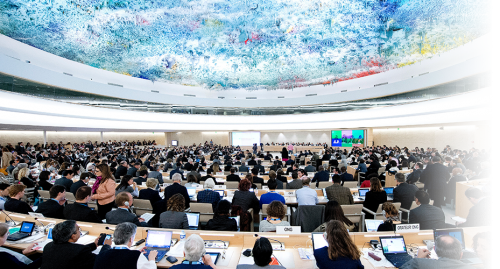The Collaboration on International ICT Policy for East and Southern Africa (CIPESA) published guidelines tailored for the use of digital platforms at the time of elections. They aim to both mobilize the platforms’ positive potential and combat the spread of disinformation, hate speech, and online gender-based violence, among other possible harms. The Guidelines were adopted by the General Assembly of the Association of African Election Authorities in Cotonou, Benin, on 3 November 2023 and represent a “crucial normative framework” for the continent. Emphasizing obligations to preserve the rights to equality and non-discrimination, free and fair elections, freedom of expression, access to information, freedom of assembly, rights to privacy and remedy, protection of women’s rights, as well as ethnic, cultural, and linguistic rights, the Guidelines directly address states, election management bodies, social media, regulatory bodies, political parties, “African traditional institutions and religious bodies,” civil society, and journalists. The Guidelines are in Arabic, English, French, and Portuguese.

